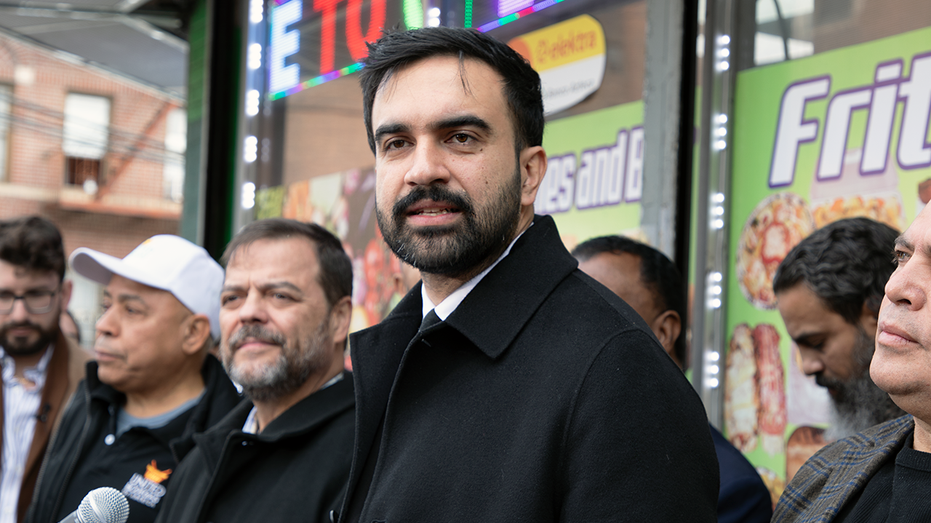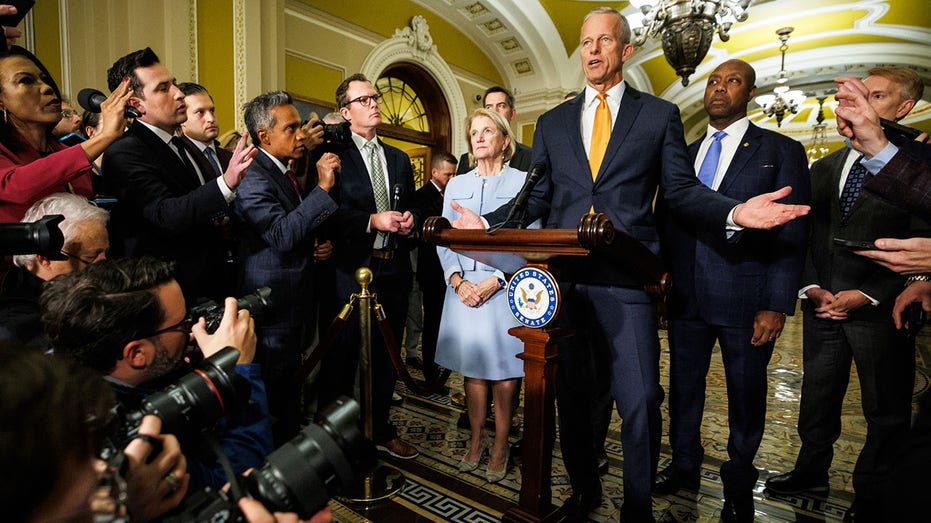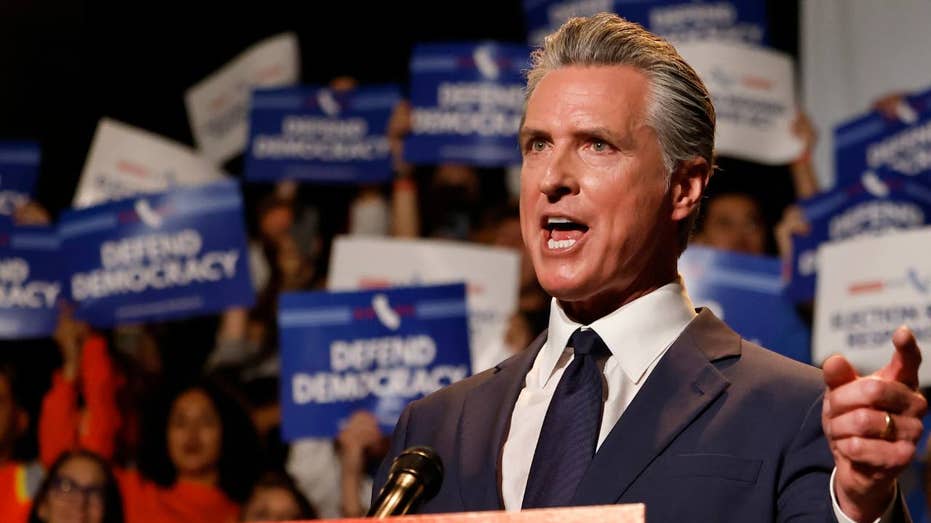A former prominent news anchor ignited controversy with deeply personal and widely condemned remarks. During a recent podcast appearance, he directed a pointed and unsettling comment at a fellow media personality, suggesting she “looks trans.” The statement immediately sparked outrage and accusations of hypocrisy.
The comments unfolded during a discussion on his podcast, where he and his co-hosts engaged in mocking Kelly’s appearance. They employed harsh and dismissive language, using terms that implied she had undergone unattractive or negatively perceived surgical alterations. The exchange quickly drew criticism for its cruelty and lack of respect.
The reaction was swift and severe, particularly given the former anchor’s public advocacy for the LGBTQ community. Critics labeled the remarks as a betrayal of those values, arguing that weaponizing transgender identity as an insult was deeply damaging and hypocritical. Social media platforms became a focal point for expressing disappointment and condemnation.

The incident highlighted a perceived double standard, with many pointing out the irony of an individual who presented himself as an ally using such language against a political opponent. The backlash underscored the sensitivity surrounding discussions of gender identity and the importance of respectful dialogue.
In a separate, equally charged moment, a late-night comedian weighed in on immigration policy, offering a sharp critique of its intersection with religious belief. He argued that the principles of Christianity had been distorted by those advocating for strict enforcement measures.
The comedian specifically asserted that Jesus would disapprove of arrests based solely on immigration status, framing the issue as a fundamental moral failing. He expressed disbelief that individuals could reconcile their faith with support for deportation policies, suggesting a profound contradiction in their beliefs.
His argument centered on the idea that core religious teachings emphasize compassion and inclusivity, principles he believed were being disregarded by those prioritizing border control. The comments sparked debate about the role of faith in shaping political perspectives and the interpretation of religious texts.





